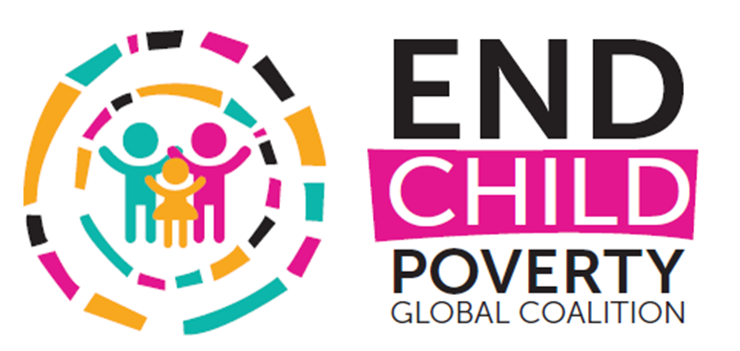by Keetie Roelen, Research Fellow / Co-Director, Centre for Social Protection, Institute of Development Studies
Poverty puts people at greater risk of getting infected with coronavirus, and also makes them carry the brunt of its economic fallout. This transcends traditional boundaries of the ‘Global South’ and ‘Global North’ with consequences felt by people living in precarious conditions across the globe. The much-repeated meme that the virus doesn’t discriminate suggests a false sense of equality, while in fact Covid-19 lays bare and reinforces deep-seated economic and social inequalities.
Social distancing is a privilege
People living in unstable housing arrangements or informal settlements are largely unable to abide by measures of lockdown and distancing oneself from others by the recommended 2 metres.
As noted in this podcast episode: ‘Social distancing is a privilege’ with people living in informal settlements such as in Dhaka, Bangladesh or in cities in Kenya living in large households, in close proximity to other families and sharing kitchen and toilet facilities with each other. In the UK, homeless people and undocumented migrants do not have adequate shelter to keep themselves at a safe distance from others, despite government interventions.
Informal workers left vulnerable
Work has become even more precarious and the inflow of income even more unpredictable, particularly for those who were already struggling to make ends meet. Those working in informal sectors or depending on day labour are unable to go out in search of work due to distancing measures or have simply seen work dry up due to decreased demand. With government responses often targeted at workers in the formal market, those in the informal economy are left to fend for themselves.
Poorer children disproportionally affected
Children are especially affected. School closures in many countries across the globe means that children miss out on school meals. For those living in families that struggle to make ends meet, this often represents their only nutritious meal per day. Losing the certainty of one meal per day at a time when income has become highly uncertain, many children are at risk of hunger.
School closures also affect learning, and disproportionately so for children who do not have access to school materials or digital devices that can support home schooling or distance learning. The ability to learn at home is further undermined by daily stress about keeping one’s head above water, and is leading to concerns that the pandemic increases the learning gap between children in low- and high-income households.
And the worst is yet to come. Research by UNU-WIDER suggests that poverty levels could rise to levels last seen 30 years ago, thereby reversing much of the progress that has been made towards achieving Sustainable Development Goal 1 to eradicate poverty. Save the Children estimates that up to 30 million children in Africa could be pushed into poverty as a result of Covid-19.
Social policy responses must go further
Many have called for ambitious and far-reaching welfare and social protection measures. These calls are growing louder and stronger with well-known economists such as Martin Ravallion arguing for the need to go beyond ‘business as usual’ and not to get obsessed about targeting the poor, for example. Others advocate for a Universal Basic Income that provides an unconditional transfer of cash to everyone. As of 10 April, 126 countries have put in place or adapted some form of social policy in response to coronavirus.
The promise and potential of these measures is laudable and encouraging, but not enough. Too many people are falling through the cracks and need further support, urgently. At the same time, the focus on providing immediate support should not go at the expense of a longer-term vision. For many across the globe, the pandemic’s consequences will continue to hit hard long after we have stopped worrying about infection rates. The expansions of social safety nets across the world should therefore not serve as temporary measures only. Instead, let us seize this moment as an opportunity to scale up investment in social protection systems that offers support to everyone in need for as long as they need it.

